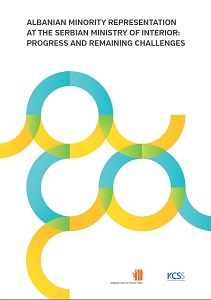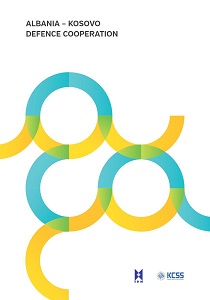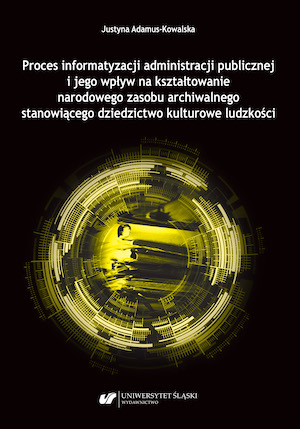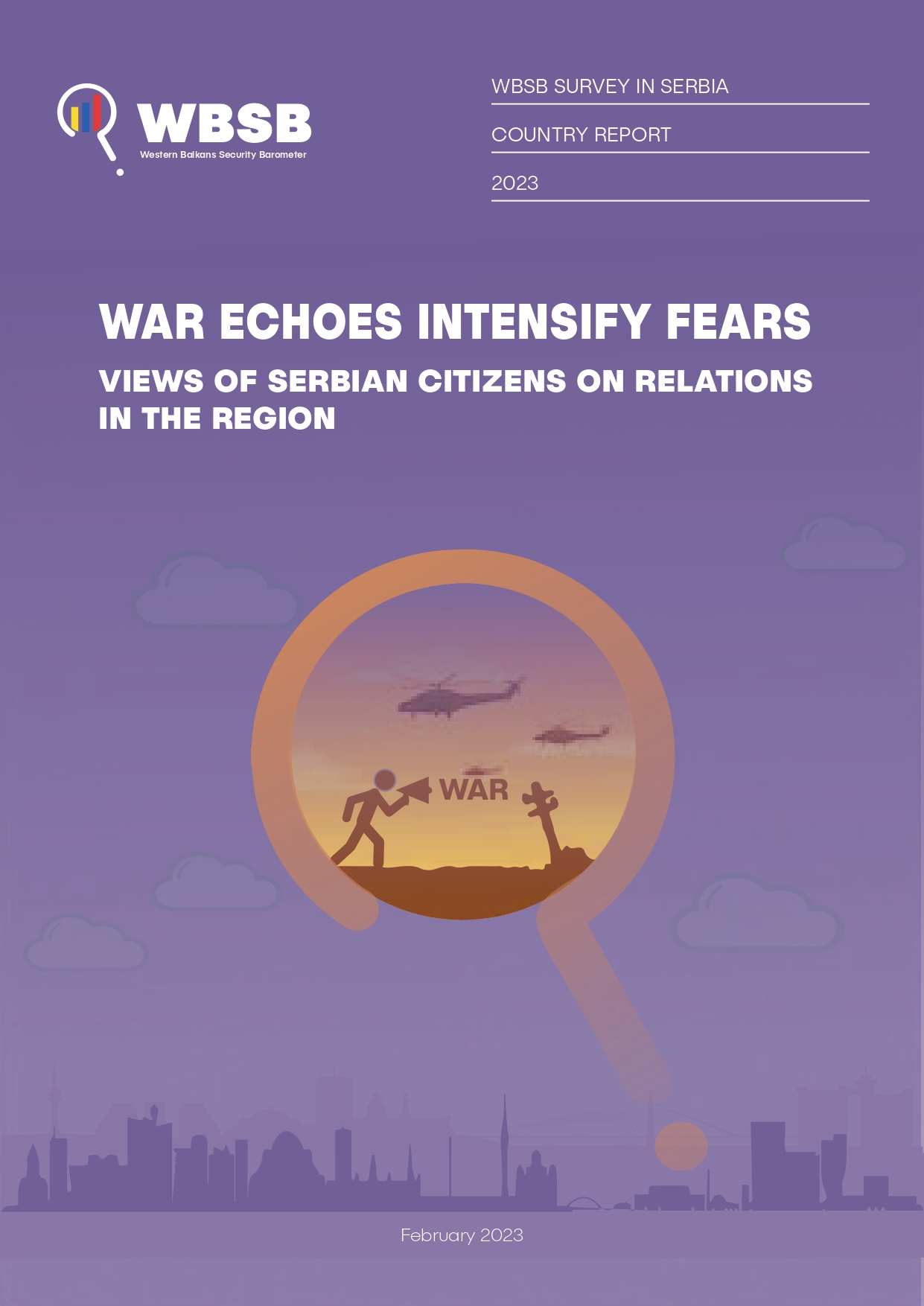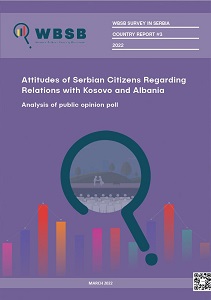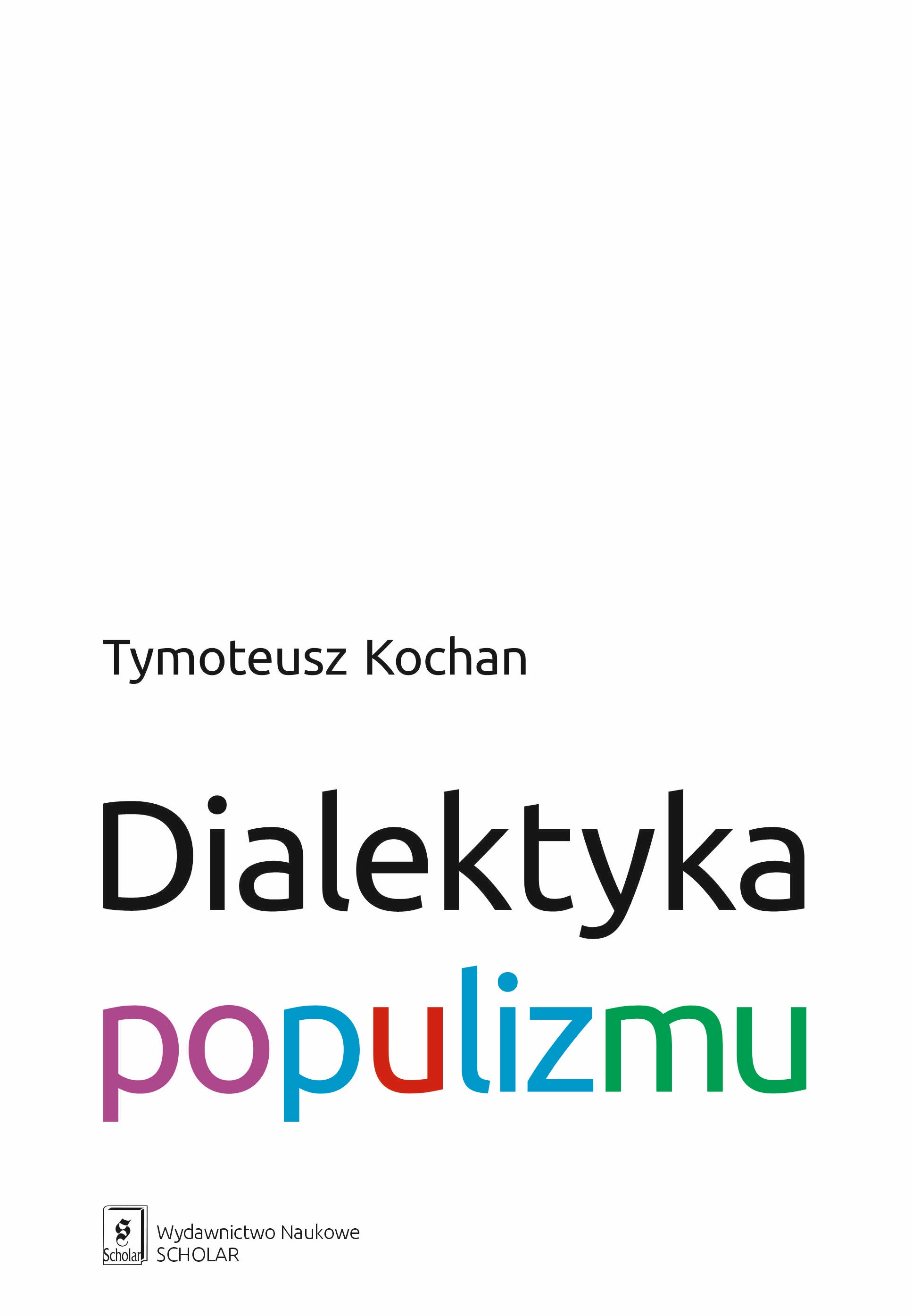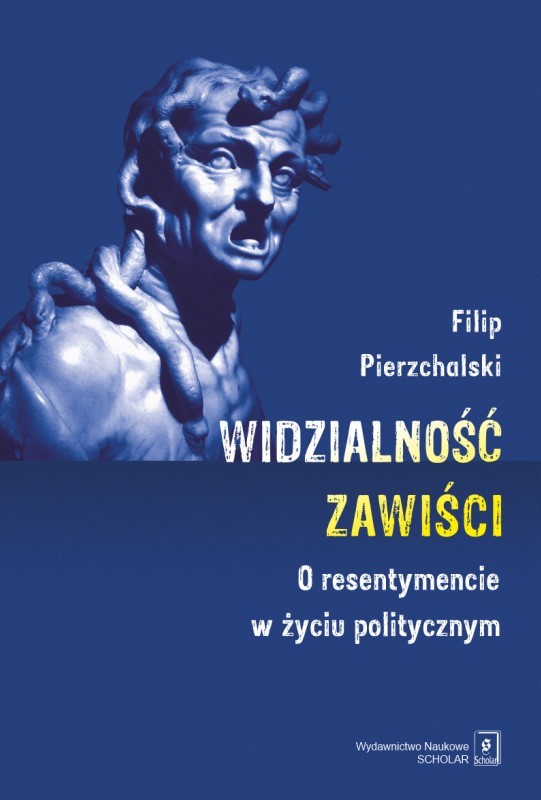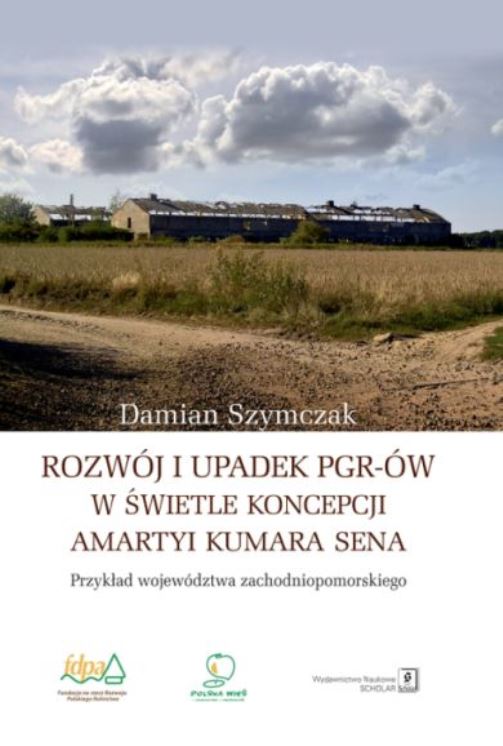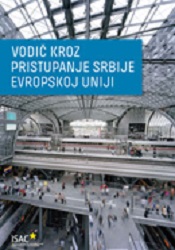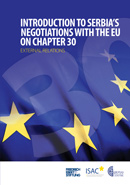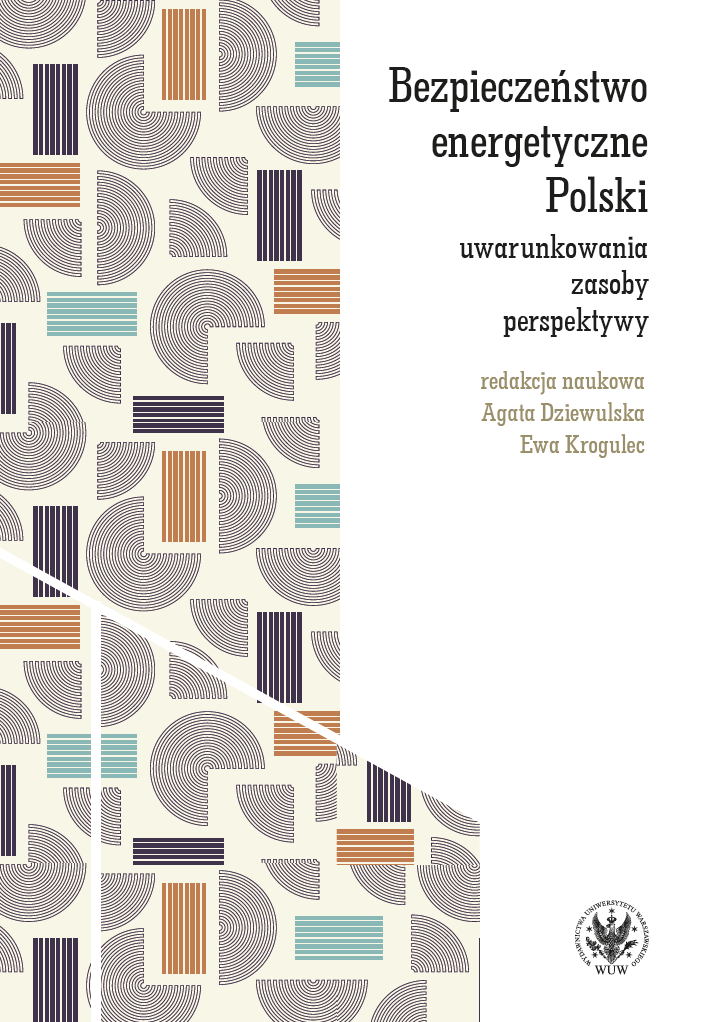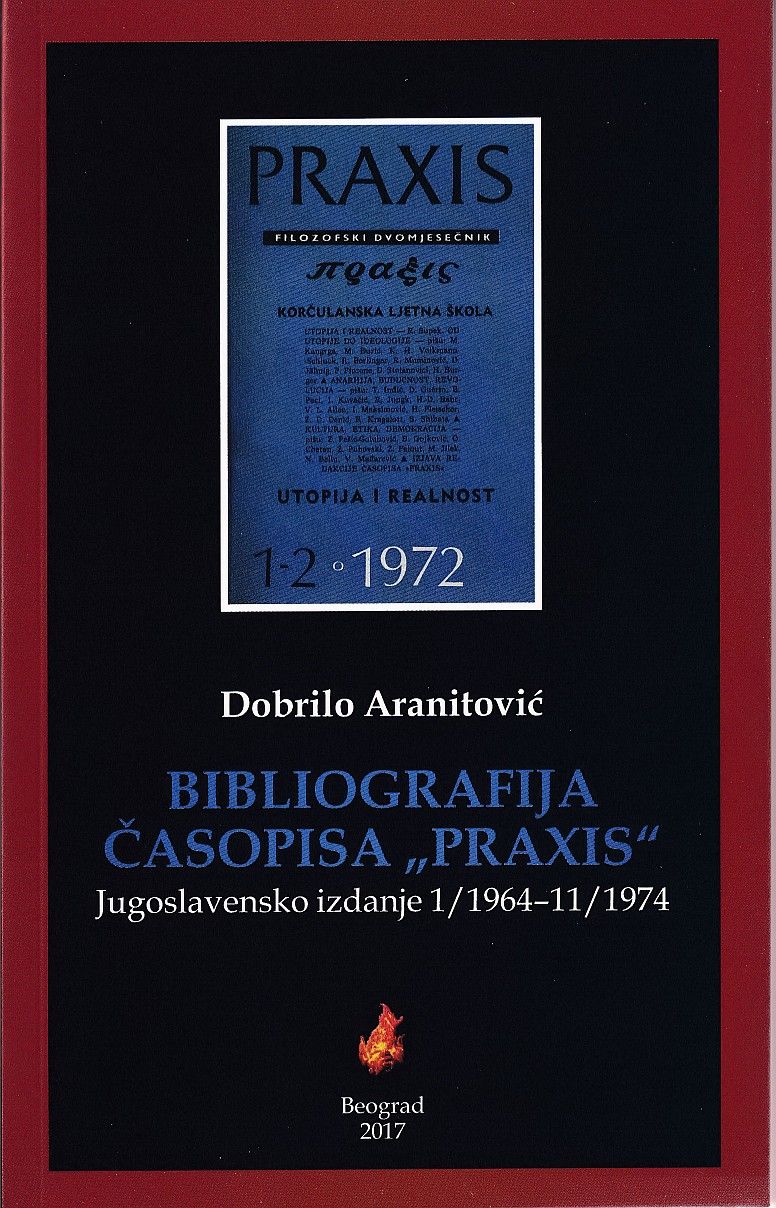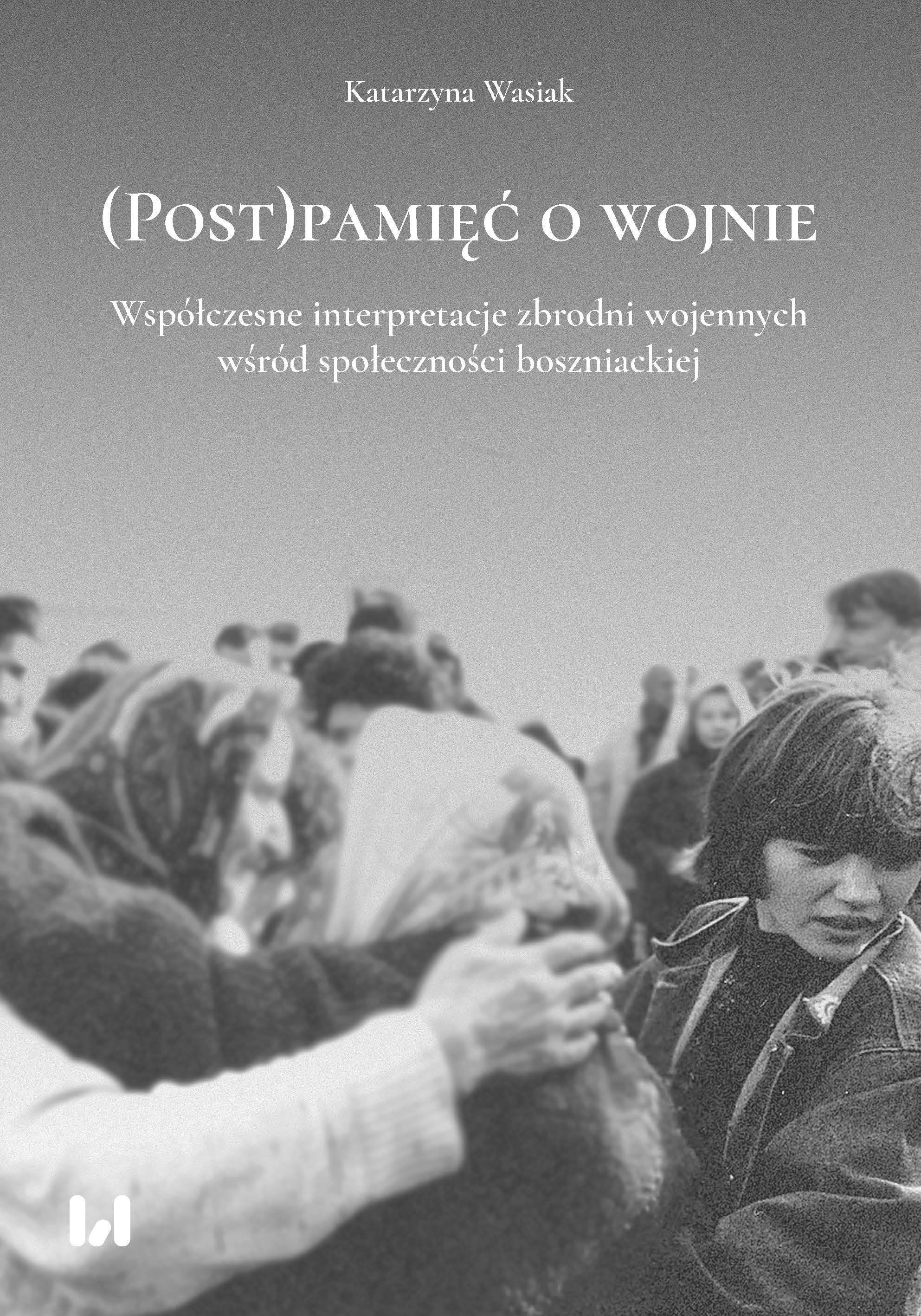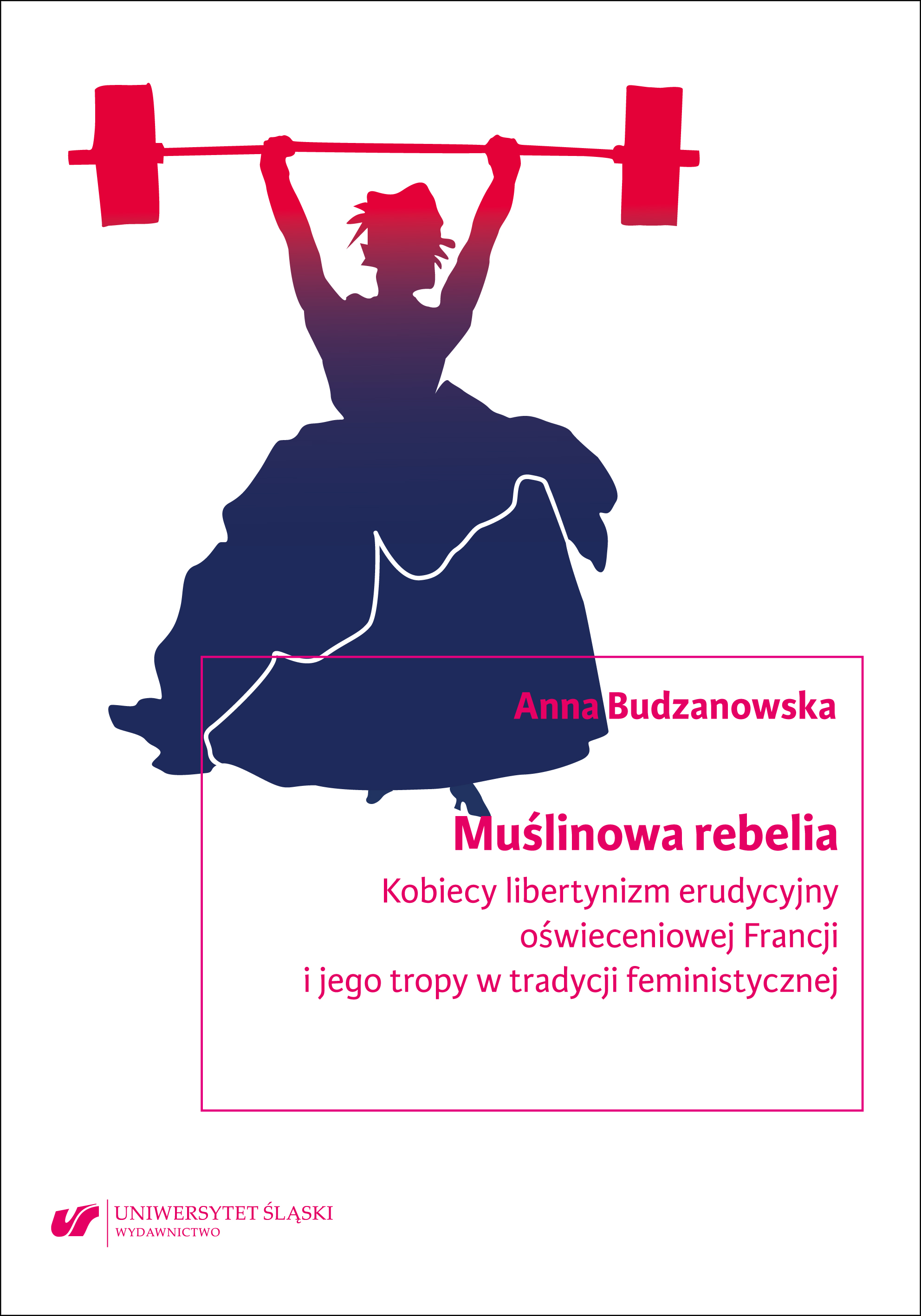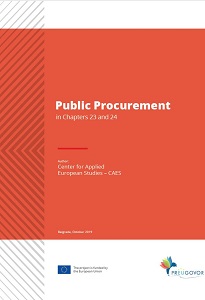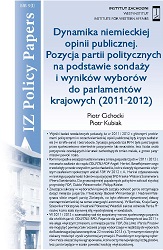
Dynamika niemieckiej opinii publicznej. Pozycja partii politycznych na podstawie sondaży i wyników wyborów do parlamentów krajowych (2011-2012)
The results of the surveys conducted in 2011 and 2012 showed that the main political problems in the eyes of the German public were the debt crisis (in the eurozone) and unemployment. Despite the decline in enthusiasm for the direction of economic change, trust in Angela Merkel's CDU/CSU-FDP government was growing. The beneficiaries of this trend were primarily the Christian Democratic parties, which enjoyed much greater public trust than the FDP. In 2012, A. Merkel outpaced the leaders of the opposition SPD, Frank-Walter Steinmeier and Peer Steinbrück, in the popularity rankings. The two leaders of the FDP, Guido Westerwelle and Philipp Rösler, were among the least popular politicians. Parties that had previously received less support began to achieve significant successes in state elections. The people of Baden-Württemberg and Rhineland-Palatinate strongly supported the Green Party, which was the result of a dynamic internal debate on nuclear energy. In Berlin, Saarland, Schleswig-Holstein and North Rhine-Westphalia, the Pirate Party was successful and became a new force distinguished in the polls. At the same time, however, a gradual increase in public support for the large parties: CDU/CSU and SPD became noticeable.
More...
